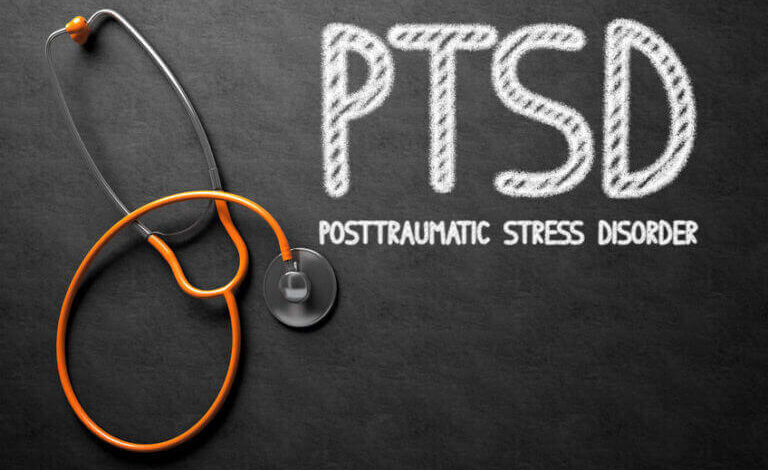“It’s being here now that’s important. There’s no past and there’s no future. Time is a very misleading thing. All there is ever, is the now. We can gain experience from the past, but we can’t relive it; and we can hope for the future, but we don’t know if there is one.”
― George Harrison
Gestalt therapy is a type of psychotherapy that hyper focuses on the present. The word “gestalt” means whole. Gestalt therapy was developed on the basis that humans are best viewed as whole people consisting of body, mind, and soul, and are best understood when seen through their own eyes, not by looking back into the past but by bringing the past into the present.
Staying and living in the present is a challenge for everyone. We spend so much time thinking about past relationships, events that occurred yesterday or last week and planning for the future. Even small things such as making grocery lists or future financial planning can take up so much of our present time. Gestalt Therapy embraces living in the present, regardless of your past hurdles or future plans.
Most therapeutic approaches incorporate the past and dive deep into past relationships, past trauma, recent depression, and previous drug use, with the mindset that these past experiences linger and shape who the individual is today. After all, if we are hung up on the past, are we able to live in the present fully? Gestalt therapy is a holistic, whole-person approach that focuses on present moments, in the moment. The purpose is to help individuals focus on the present and understand what is happening in their lives right in this moment, rather than what they perceive to be happening based on past experiences. Instead of discussing why something happened in the past, the therapist will encourage the client to re-experience the moment and discuss how it feels right now. The client will be asked to experience their feelings rather than talk about them.
What are the techniques used in Gestalt Therapy?
Gestalt Therapy aims to alleviate any unresolved negative feelings such as anger, guilt, pain, resentment, jealousy, and other negative emotions by actively expressing these emotions and feelings in the present time. These negative emotions can indeed be tied to past experiences, but the goal is to be aware of the present moment.
The techniques that are used in Gestalt Therapy include the following:
Dreamwork
Guided fantasy
Role-playing
Confrontation
Empty chair technique (The therapist encourages conversations between the empty chair and the client to engage the client’s thoughts, emotions, and behaviors. Sometimes the roles are reversed, and the client assumes the metaphorical person or part of a person in the chair).
Exaggeration exercise (The client is asked to repeat and exaggerate a particular movement or expression, such as frowning or bouncing a leg, to make the client more aware of the emotions attached to the behavior).
What are the benefits of Gestalt Therapy?
The primary goal of Gestalt Therapy is to increase self-awareness to improve the present reality. By understanding self-awareness, coping skills, and recognizing how past negative feelings can harm the present, Gestalt Therapy can help individuals overcome many different hurdles, including the following:
Anxiety
Depression
Low self-esteem
Substance use disorders
Relationship problems
Other potential therapeutic benefits of Gestalt Therapy include:
Improved communication skills
Better tolerance for negative emotions
Increased emotional understanding
Better awareness of your needs
An improved sense of self-control
Better ability to monitor and regulate mental states
Improved mindfulness
How can I find a Gestalt Therapist?
The client-therapist relationship is crucial to any positive progress in regard to a mental health disorder or a substance use disorder. The therapist should be licensed and credentialed with a gestalt approach towards therapy. Some therapists will even take courses and undergo training in gestalt therapy techniques. Once you find a qualified therapist, it is important to make sure you feel comfortable with your therapist as the therapist-client relationship is one of the most important aspects of the individual’s outcome and success.
AKUA Mind & Body is a substance abuse and mental health treatment center that offers detoxification, intensive treatment programs, and outpatient treatment programs for individuals who are struggling with a substance use disorder. A multidisciplinary treatment team is available to treat each client’s individual needs with the utmost professionalism and compassion. Regardless of where you are in your recovery process, AKUA Mind & Body can help.




